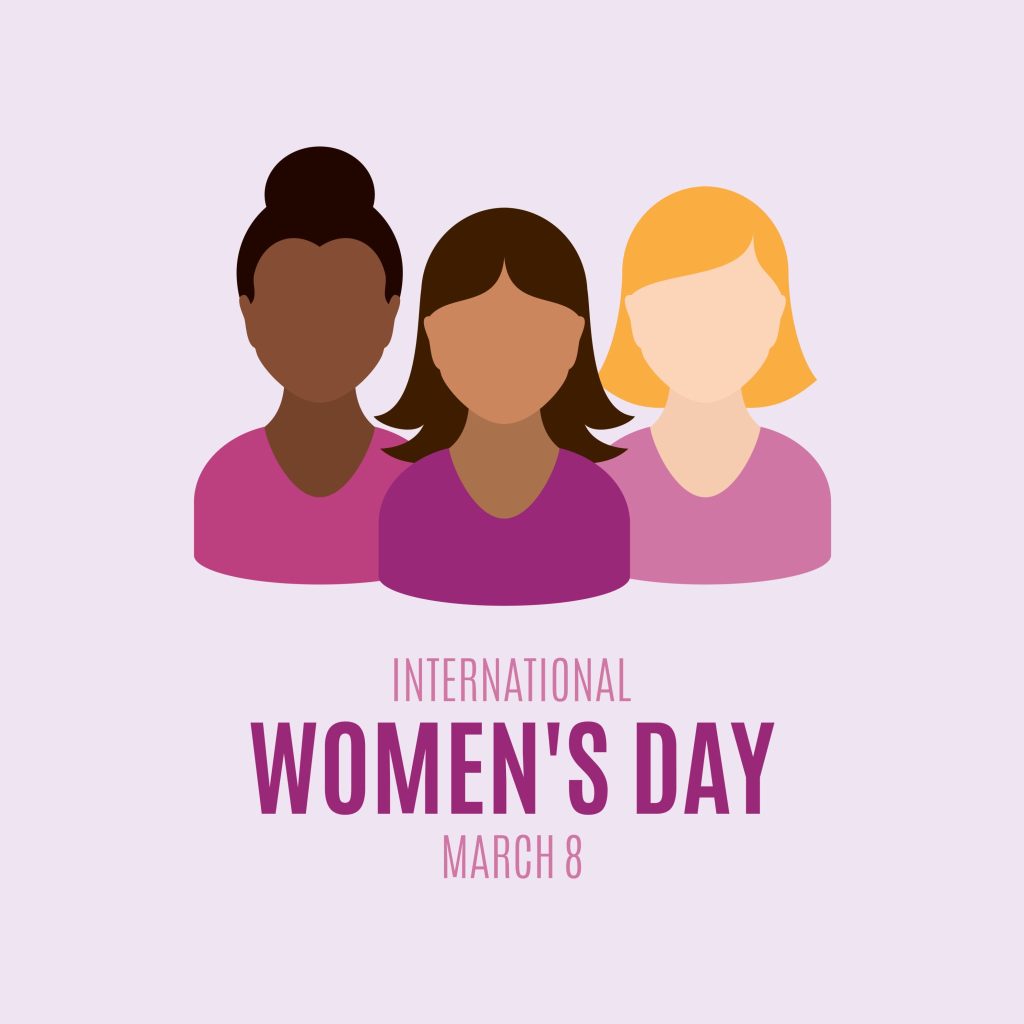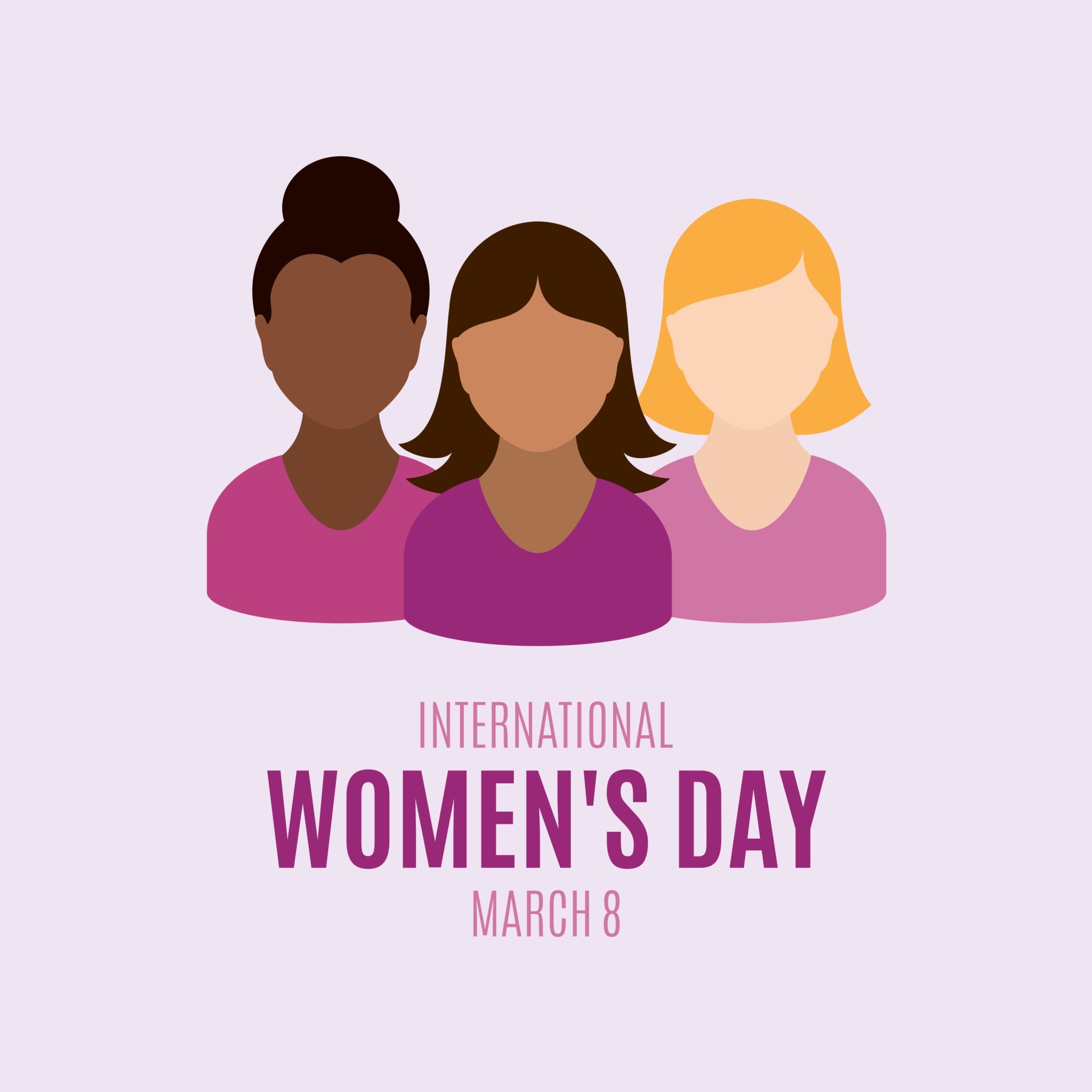 Language is a powerful tool that shapes our identities, influences our perceptions, and enables communication. For women, the relationship with language is complex and multifaceted, influenced by social, cultural, and historical factors. The intersection of women and languages encompasses numerous factors, highlighting both the challenges they face and the opportunities for empowerment.
Language is a powerful tool that shapes our identities, influences our perceptions, and enables communication. For women, the relationship with language is complex and multifaceted, influenced by social, cultural, and historical factors. The intersection of women and languages encompasses numerous factors, highlighting both the challenges they face and the opportunities for empowerment.
Language and Gender Stereotypes:
Many languages contain gendered grammar, vocabulary, and expressions that perpetuate societal gender norms and stereotypes. These linguistic features can reinforce unequal gender roles and expectations. Efforts to challenge and change these gender biases in language have gained momentum, promoting gender-inclusive language and creating more equitable linguistic spaces.
Language and Access to Education:
Access to education is crucial for women’s empowerment, and language plays a significant role in this aspect. In some communities, women may face barriers to learning and using prestigious or dominant languages due to social and cultural factors. Limited access to education hampers their ability to participate fully in societal, economic, and political spheres.
Language as a Tool for Empowerment:
Despite the challenges, language can also be a powerful tool for women’s empowerment. By providing women with the means to express their identities, advocate for their rights, and shape public discourse, language becomes a catalyst for change. Efforts to amplify women’s voices, challenge sexist language practices, and promote gender equality contribute to a more inclusive society.
Communication Styles and Gender:
While communication styles vary across cultures and individuals, certain generalizations suggest that women often prioritize building connections, expressing empathy, and maintaining harmony in conversations. These communication styles foster collaboration, effective teamwork, and relationship-building. Recognizing and valuing diverse communication styles is essential for creating inclusive and supportive environments.
Linguistic Bias:
Women may face linguistic bias, where their speech is judged differently or devalued compared to men. This bias can manifest in various forms, such as perceiving women’s speech as less assertive or less competent. Challenging linguistic biases and promoting equal evaluation and recognition of women’s linguistic contributions is crucial for achieving gender equality.
The relationship between women and languages is complex, influenced by societal structures, cultural norms, and historical contexts. While language can perpetuate gender stereotypes and inequalities, it also offers opportunities for empowerment and positive change. By promoting gender-inclusive language, providing equal access to education, and challenging linguistic biases, we can create a more inclusive and equitable linguistic environment where women’s voices are heard and valued.
Empowering women through language is not only an individual endeavor but a collective responsibility that benefits society as a whole. Let us continue to strive for linguistic equality and celebrate the diverse linguistic contributions of women.




